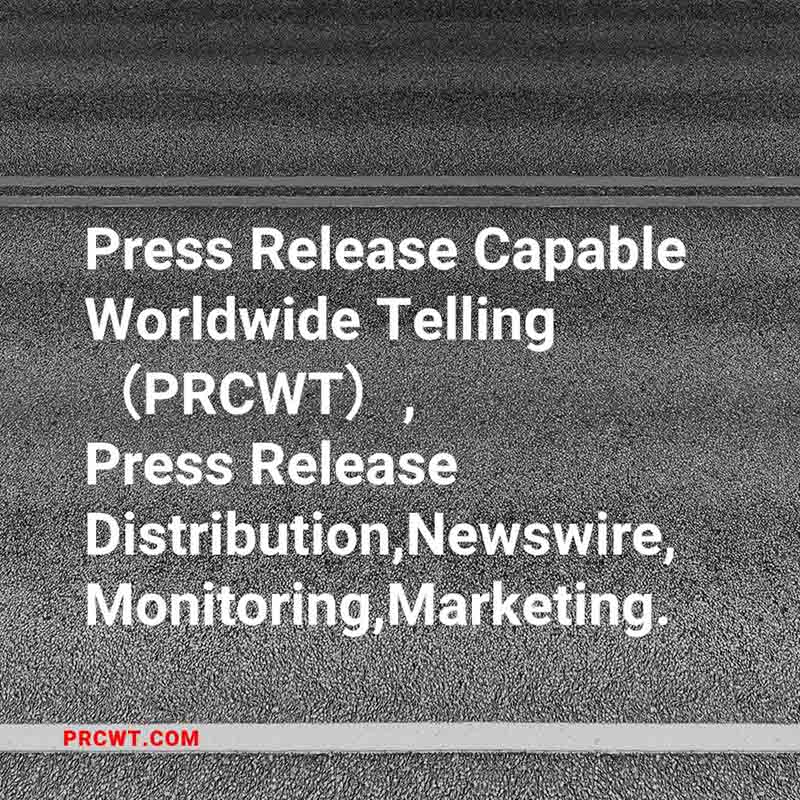In the highly competitive world of business, brands need to tell compelling stories to connect with consumers on an emotional level. A brand story is not just about what a company does or sells; it's about why it exists and what value it brings to the table. A great brand story can create a sense of loyalty and trust among customers, making them more likely to choose that brand over its competitors. In this article, we will explore the power of brand storytelling and how it can be used to build a successful brand.
One of the key elements of a brand story is authenticity. Consumers today are more skeptical than ever before, and they can easily see through marketing jargon and false claims. A brand that tells a genuine story about its history, values, and mission is more likely to resonate with consumers and build a strong connection with them. For example, Patagonia is a brand that is known for its commitment to environmental sustainability. Its brand story emphasizes the company's efforts to reduce its environmental impact and promote sustainable practices, which has resonated with consumers who are also passionate about the environment.
Another important aspect of brand storytelling is relevance. A brand story should be relevant to the target audience and address their needs and痛点. For example, a fitness brand might tell a story about how its products can help people achieve their health and fitness goals, while a beauty brand might focus on how its products can enhance people's natural beauty. By telling a relevant story, a brand can position itself as a solution to the problems that its target audience is facing.

In addition to authenticity and relevance, a brand story should also be engaging and memorable. A good brand story can capture people's attention and hold it throughout the entire reading or viewing experience. It should be told in a way that is easy to understand and relate to, and it should include elements that are both emotional and rational. For example, a brand might tell a story about how its founder overcame adversity to build a successful business, which can inspire and motivate people.
To tell a great brand story, brands need to have a clear understanding of their target audience and what they care about. They also need to have a unique value proposition that sets them apart from their competitors. Once they have these elements in place, they can start to develop a brand story that tells their brand's unique story and connects with their target audience on an emotional level.
In conclusion, brand storytelling is a powerful tool that can be used to build a successful brand. By telling a genuine, relevant, engaging, and memorable story, brands can connect with consumers on an emotional level and create a sense of loyalty and trust among them. In today's highly competitive world of business, brands that can tell a great story are more likely to succeed than those that can't.